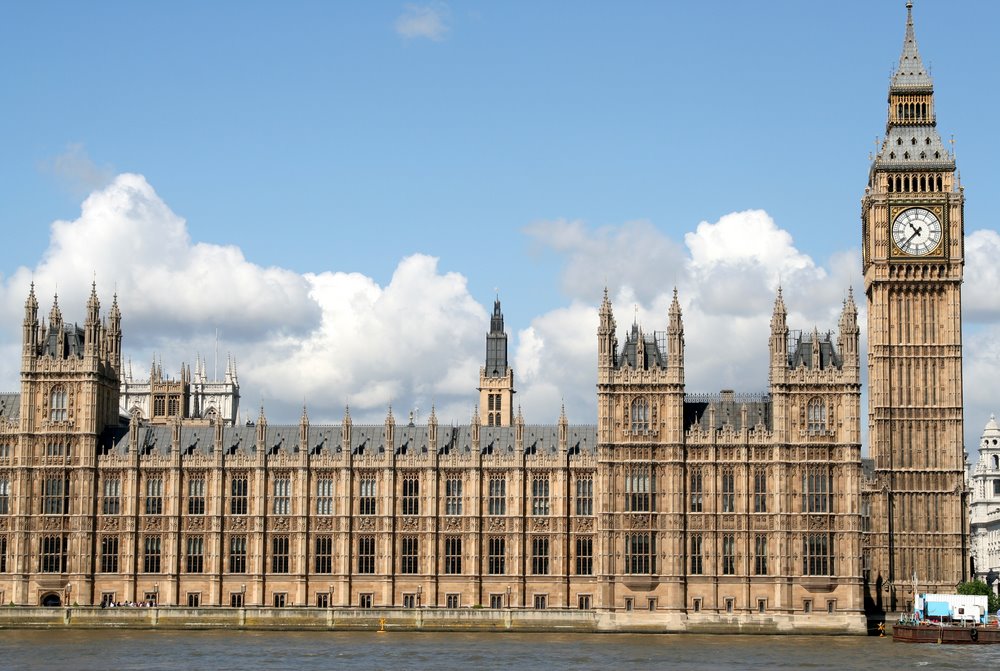
Assessment of restaurant reduced
The Upper Tribunal (Lands Chamber) has determined that the assessment of a restaurant in Covent Garden should be reduced on an appeal made by the ratepayer, because the lower level seating area had been valued at too high a relativity. The decision contains helpful comments on when it may be relevant to make comparison between one rating list and another. ...Read More

Business rates retention
As part of its "devolution revolution" the Government proposes that, from 2020, local authorities should be able to retain all the business rates income generated in their area. At present only half of that income is retained in that way and even that is subject to some complex "top-up" and "tariff" arrangements, designed to ensure that local authorities are not left under-funded. The change to 100% retention will involve further alterations to these arrangements and the Government is consulting on those changes. They will represent a major change to the way that local authorities are funded so the consultation is an important one. ...Read More










